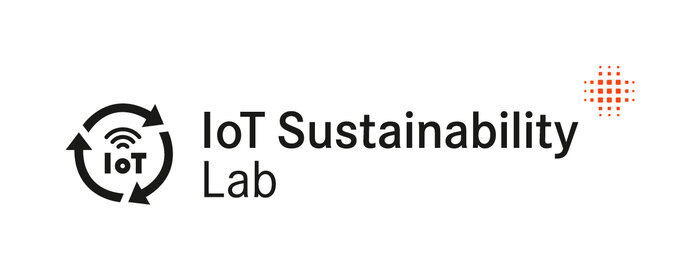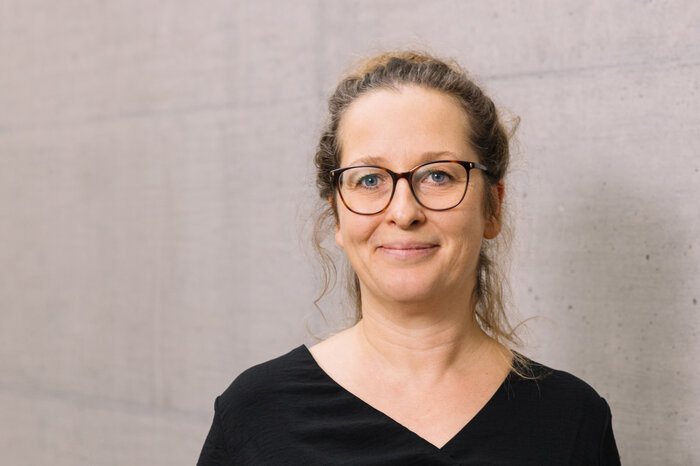IoT Sustainability Lab
In order to secure the quality of living space and Business and Management in the Lake Constance region, the digital transformation must be advanced while taking climate protection and sustainability into account. The Internet of Things (IoT) is of great importance in this context, as it can increase resource consumption on the one hand and be part of a more sustainable solution by increasing efficiency on the other. In the innovation lab IoT Sustainability Lab, solutions for a sustainable digital Lake Constance region will be developed. To this end, the topic of Smart Connected Building in particular will be the focus of exemplary research and will be examined in more detail through case studies (living, working, building). The cross-border approach represented by the Lab intends to use the Lake Constance region, in which real estate companies and scientists* from EU and non-EU countries are located, as a model for collaboration on sustainability topics. The deployment and sustainability of IoT depends on regional innovations and infrastructures. To leverage synergies and create a knowledge base for companies, structured networking across four countries is planned.

The innovation lab will enable sustainable digitalization in the region by investigating the use of IoT in buildings, taking into account sustainability aspects such as environmental protection and circular economy. The goal is to make the IoT components used themselves and the Lake Constance region as a whole more sustainable through the use of IoT. The concepts developed by the Lab will incorporate technological, Business and Management and social aspects and enable an open exchange between the respective stakeholders. This includes the development of software to evaluate the IoT lifecycle, the development of suitable business processes and criteria for sustainable IoT products, and the anchoring of the topic among companies. Furthermore, this includes the development of tools for the life cycle assessment of IoT systems, concepts for increasing the interoperability of IoT solutions, the development of sustainable business models, and the creation of recommendations for action.
.
What are the goals of the Lab?
-
Sustainable use of IoT to increase resource and energy efficiency of buildings
-
Anchoring new business processes and service models at partner companies
-
Building a regional IoT network
What activities will be used to achieve the goals?
-
Technological innovations: IoT-specific and life cycle assessment analysis and evaluation structure; development of concepts for the circular use of IoT to increase resource and energy efficiency of buildings
-
Business and Management Innovation: Elaboration of sustainable business processes as well as circular service models with IoT products
-
Societal innovations: Establishing a regional IoT network (ecosystem); issuing information bases and recommendations for action to stimulatebehavioral changes
When is the lab successful?
-
Common understanding of IoT and sustainability within and between the countries of the Lake Constance region
-
Successful implementation of solutions and services in the participating companies
-
Contribution to the sustainable digitalization of the regional Business and Management
Who are the partners:from academia and practice?
-
Universities of Applied Sciences: Varlberg University of Applied Sciences, HTWG Konstanz, ZU Friedrichshafen, OST, ZHAW, University of Liechtenstein, RhySearch
-
Practice partners:inside: Zumtobel Lighting GmbH, Bosch Smart Home GmbH, ANTA SWISS AG
-
Associated partners: City of Constance, Energy Institute Vorarlberg, Tridonic GmbH & Co KG, Business Intelligence & Innovation Hub at the FHV, European Digital Innovation Hub (EDIH), Platform Smart Cities & Regions ZHAW, Smart City Alliance, Project Campus Tander ZHAW, Hunziker Partner AG, City of Winterthur, Swiss Recycling, Feller by Schneider Electric, Implenia Real Estate Products, Hilti AG, my-PV GmbH

Funding program/client:in
Facts
| Project name |
IoT Sustainability Lab |
|
Funding program/client:in |
Interreg Alps-Lake Constance-High Rhine (ABH) |
| Project duration |
01.04.2023 - 31.03.2027 (48 months) |
|
Total project budget |
Total budget 4.075.554,91 EUR EFRE 2.536.919,20 EUR CH funds 1.134.635,71 EUR FL funds. 404.000,00 EUR |
|
Share FHV |
674.692,40 EUR (ERDF: 404.815,44 EUR) |









